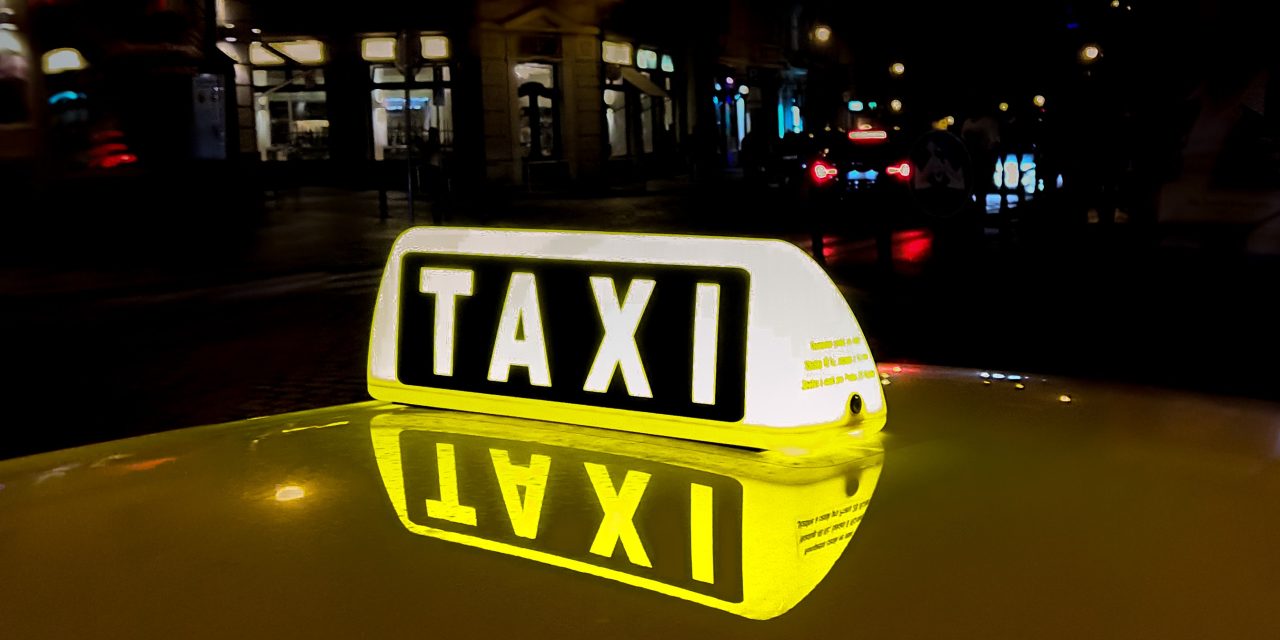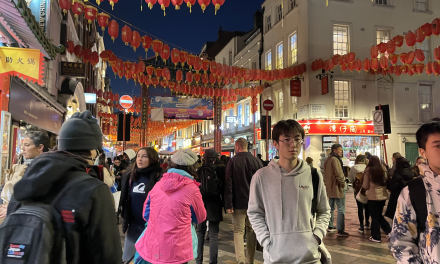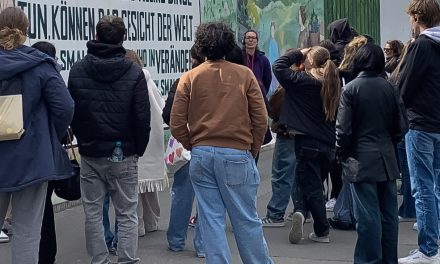Taxis are everywhere you look. The latest evolution of this way if transportation is the invention of Uber. By now, almost everybody knows this company.
A new way of taking a taxi. The company itself does not own any cars. A pretty important aspect of running a taxi company you would think. But, that is not the way Uber works. They just provide a platform for people using the Uber brand as some sort of freelancers.
Uber drivers use their own car and pick up people who ordered a ride on the Uber-app. Great idea of the American business!
There are few issues though. Because the workers are technically freelancers, they are not upheld by the same rules and standards as regular, traditional taxi drivers. This grants them a lot of advantages, such as more freedom in the picking of their hours, or different taxing procedures. Obviously, the common taxi drivers are not happy with this and are demanding a change of the rules.
They want the European Union to set up the rulebook for these new half-freelancers. This issue is also prominent for food deliverers like Deliveroo and TakeAway.
The European cab drivers have shown their frustration on multiple occasions already. The way they are doing this is by driving with hundreds of taxis to the heart of the European Union, Brussels. There they block all the main roads, resulting in one of the busiest cities in Europe coming to a full stop.
This is not the first time though, that taxi drivers take it upon themselves to try and make the government implement their demands in the lawbooks. In 1990 something like this happened in Budapest as well. Just like now, the fuel prices were skyrocketing and the taxi drivers demanded a change. I followed the path of the 1990 Taxi Blokád and made a podcast along the way! Enjoy!




